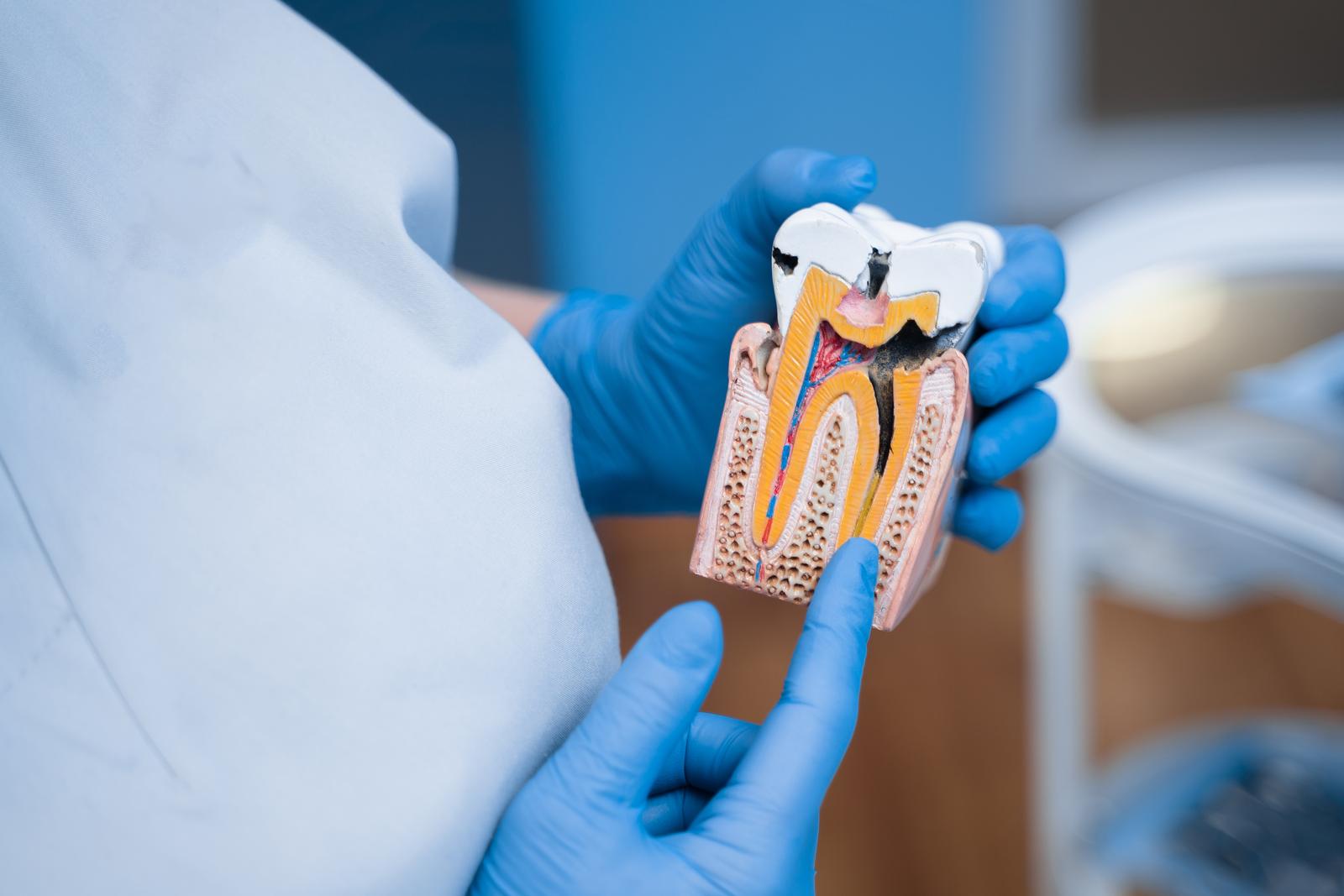Emergency Dental Work: What You Need To Know
A sudden, throbbing toothache or a chipped tooth from an accident can be alarming. These situations often require immediate attention, but many people are unsure what truly counts as an emergency. Knowing when to seek urgent care can be the difference between saving a tooth and facing more complex, costly procedures later.A dental emergency is…


